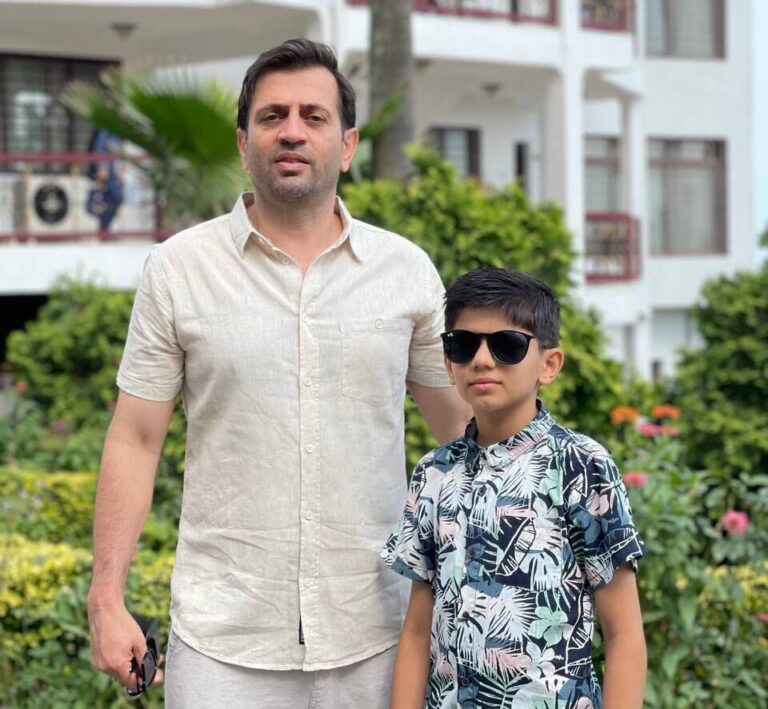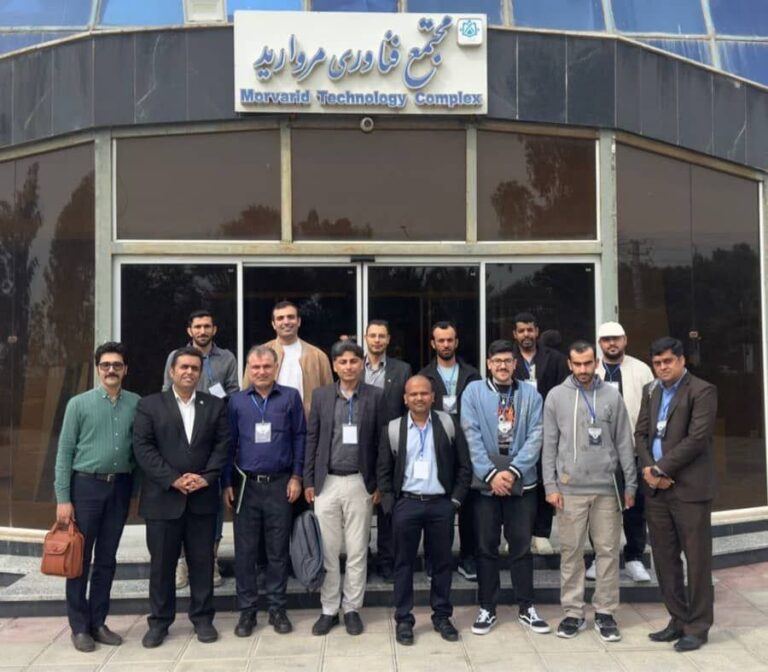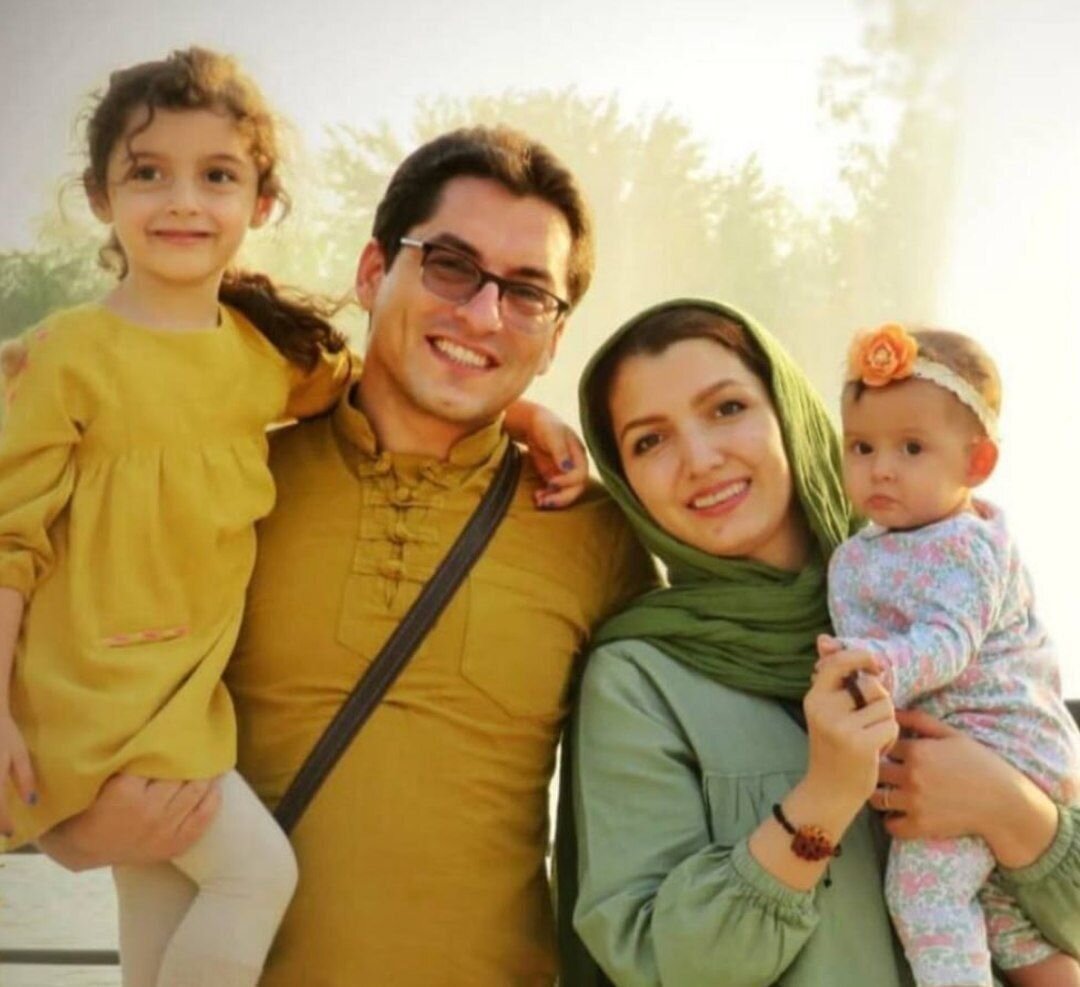
Similar Posts
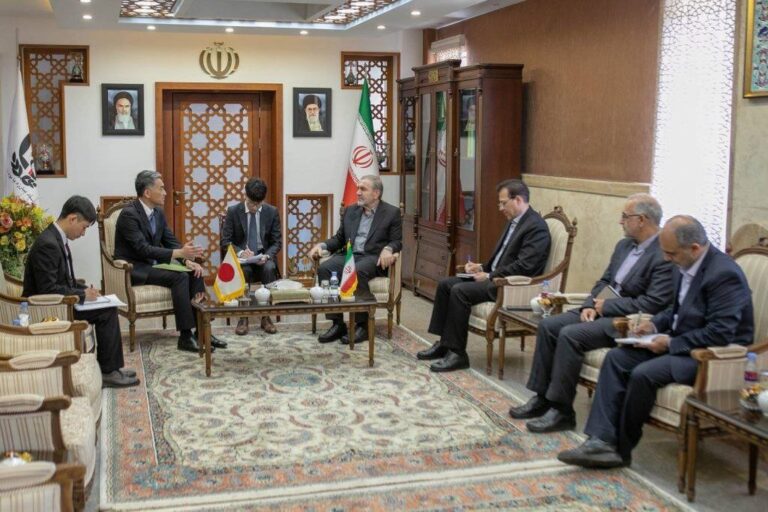
Japanese Envoy Highlights Strengthened Cooperation in the Battle Against Narcotics
Japanese Ambassador to Iran, Tamaki Tsukada, emphasized the importance of continued collaboration between Iran and Japan in combating drug-related crimes during a meeting with Brigadier General Hossein Zolfaqari in Tehran. Tsukada highlighted joint efforts, including providing trained drug-detecting dogs, offering counter-narcotics training, and supplying necessary equipment. He also proposed joint research on treatment services for drug addiction. Zolfaqari expressed gratitude for Japan’s support and stressed the need for international cooperation to tackle transnational drug trafficking, particularly from Afghanistan. The discussions mark a strengthened partnership aimed at enhancing drug control strategies and addressing the global drug crisis collaboratively.
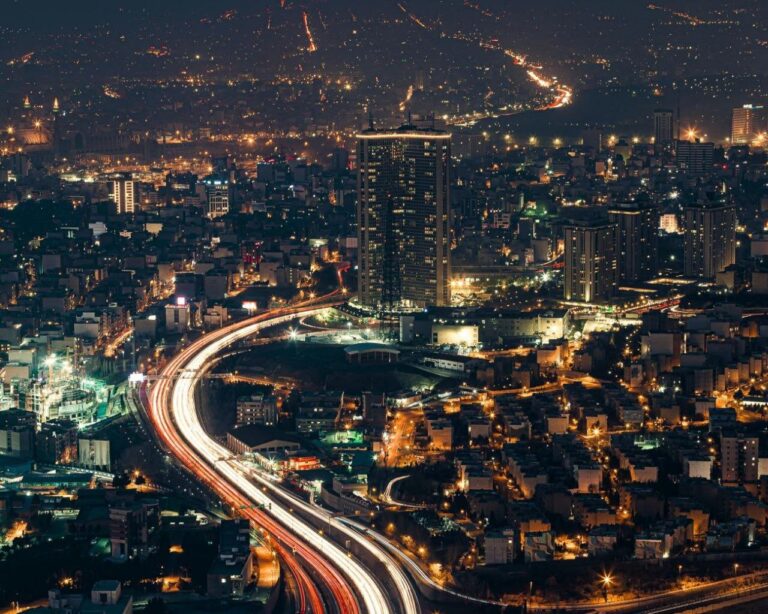
UNDP Backs Iran’s Vision for a Sustainable Energy Future: A Commitment to Green Innovation
The United Nations Development Programme (UNDP) is working to enhance economic resilience and promote renewable energy in Iran, which has significant solar and wind potential. Iran aims to install 30,000 MW of renewable energy by 2030, despite facing challenges like high energy intensity. Key initiatives include an Energy Efficiency Certificate Framework, vocational training enhancements, and an Energy Monitoring Information System. The government plans to increase renewable power capacity by 3,500 MW next year, with a goal of adding 10,000 MW by 2025. These efforts not only reduce energy consumption but also create jobs, highlighting the economic benefits of clean energy.
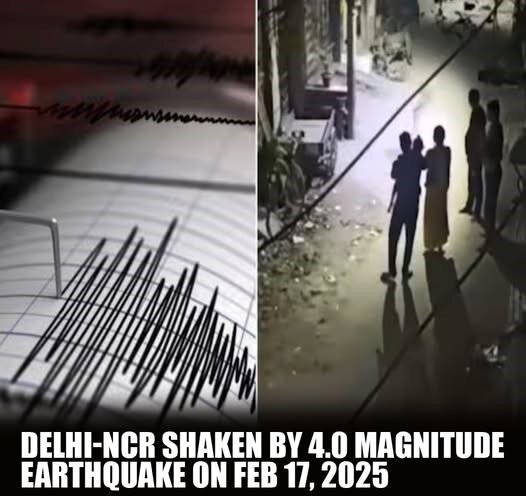
New Delhi Earthquake Alert: Rising Seismic Activity Linked to Land Subsidence
On February 17, 2025, a magnitude 4 earthquake struck near Jail Park in New Delhi, prompting concerns over the region’s increasing seismic activity and urban safety. New Delhi has a history of significant earthquakes, with 26 events above magnitude 4 in the last three decades. The region faces challenges from land subsidence due to excessive groundwater extraction, affecting subsurface stress and potentially destabilizing faults. Recent data show subsidence rates exceeding 5 cm annually in certain areas. With over 80% of buildings not earthquake-resistant, the quake emphasizes the urgent need for improved urban planning and building regulations to enhance safety in this seismic zone.
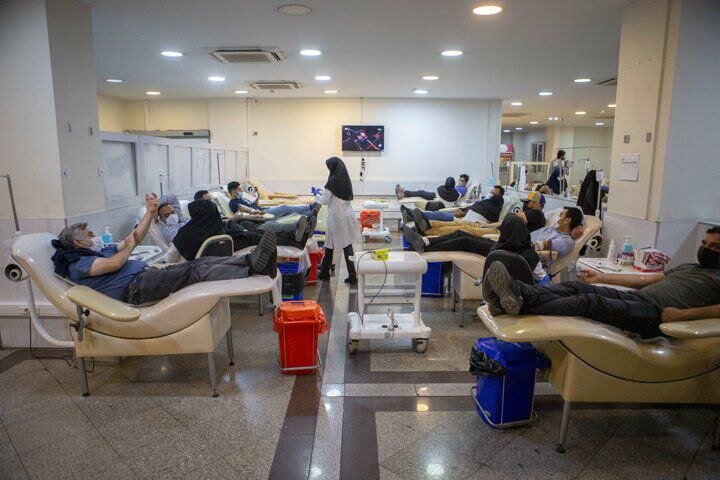
Blood Donations Surge 1.5% Year-Over-Year: A Heartwarming Trend in Community Giving!
In the past Iranian calendar year (March 2024-March 2025), 2.36 million Iranians donated blood, reflecting a 1.5% increase from the previous year. Major contributions came from Tehran, Fars, Khorasan Razavi, Isfahan, Mazandaran, and Khuzestan. Approximately four million blood units were distributed to medical centers. Notably, men constituted 95% of donors, with women contributing only 5%, particularly from Lorestan, North Khorasan, and Sistan-Baluchestan. The need for negative blood types is urgent, as 90% of donations were positive. The WHO commended Iran’s blood donation practices, highlighting its potential as a model for equitable healthcare.
